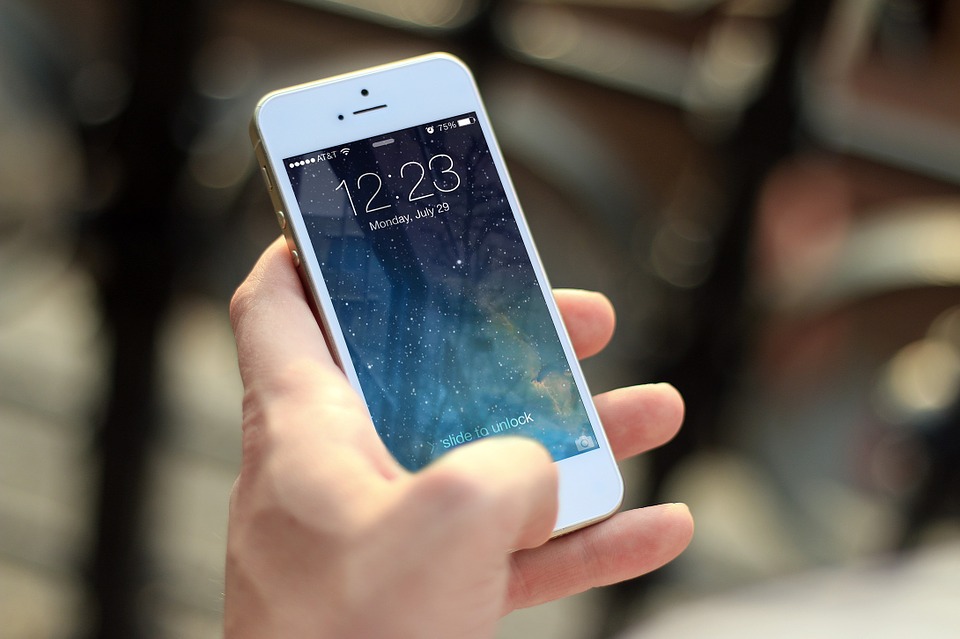Among business professionals and teenagers alike, involvement in social media is no longer considered optional. There’s a lot of pressure to sign up and start posting away. Whether you’re trying to get more customers or just want to get more likes on your selfie, constant content creation is the way to do it. Social media allows users to make valuable connections, but there are dangers to overusing these platforms — especially among teenagers. A recent U.K.-based study suggests that these websites and apps are making young people more anxious, with many tweens, teens, and young adults reporting that they’ve been bullied on these platforms.
Anti-bullying charity Ditch the Label conducted a survey involving more than 10,000 young people ages 12 to 20. While around 23% of Facebook users say they check their accounts at least five times a day, the survey found that Instagram was the most harmful social media platform for kids. Not only did 7% of young social media users say they’d been bullied through that app, but a good portion noted that their experiences on Instagram made them more anxious. A whopping 40% said they felt bad when no other users liked their selfies, while 35% said their confidence was directly linked to how many followers their account had.
Anxiety disorders affect one in every eight children, which can put them at risk for poor school performance, a lack of important social experiences, and increased substance abuse. Cyber bullying has been linked to an increase in anxious and depressive behaviors through multiple studies. Nearly 70% of young people have admitted to being abusive towards someone else online, and the study found that 50% reported experiencing cyber bullying. Around 36% of those who had been bullied online said the experience made them feel depressed; 25% said they turned to self-harm to cope.
Adding to the already established stigma of mental health, there’s a pressure to keep things positive on social media. Around 47% of young users said they wouldn’t discuss life problems on social media and many said they presented a heavily edited version of their lives.
Azadeh Aalai, a psychology professor at Montgomery College, was quoted in the Atlantic about how these unrealistic portrayals can lead to even greater levels of anxiety due to feelings of inadequacy.
“Generally speaking, the comparisons that we make on social media are more likely to be ‘upward’ comparisons. We’re comparing ourselves to the individuals who appear to be higher status and are achieving more than we are, which can lead to feelings of envy, discontent, and anxiety. It’s also not the whole story.”
But for kids who use social media, their posts (and those of their friends) may seem to be all that matters. Undoubtedly, the results of this study are frightening, especially for parents. So what can they do to help their children?
For one thing, Instagram encourages users to report bullying on the app. While it may not always solve the issue, Instagram’s policy chief Michelle Napchan told the BBC how the platform has implemented recent changes to address the problem.
“We know that comments posted by other people can have a big impact and that’s why we have recently invested heavily in new technology to help make Instagram a safe and supportive place,” said Napchan. “Using machine learning technology, offensive comments on Instagram are now automatically blocked from appearing on people’s accounts. We also give people the choice to turn off comments altogether, or make their own lists of banned words or emojis.”
Parents should also keep a close watch on their child’s online activities and pay attention to how they behave after scrolling and posting. Encourage the entire family to unplug at a certain time to recharge their bodies, minds, and devices. Focus instead on meditation, breathing, nature walks, and journaling when kids are struggling to deal with anxiety due to internet use. Experts also recommend keeping the lines of face-to-face (rather than digital) communication open to ensure children feel comfortable confiding in their parents about instances of bullying.
Ultimately, adults need to rethink their social media use, too, says Lauren Seager-Smith, chief executive of Kidscape, a U.K. charity.
“We are living in a culture of antagonism. That sadly is the climate our children are growing up in,” she told the BBC. “The jury is out on quite how damaging social media is and whether we all need to spend less time on such networks. Often parents are equally addicted and they have to ask what impact that is having on family life. It could be time for them to say that there is more to life than social networks and the glossy picture of life that it often shows.”






Leave a Reply